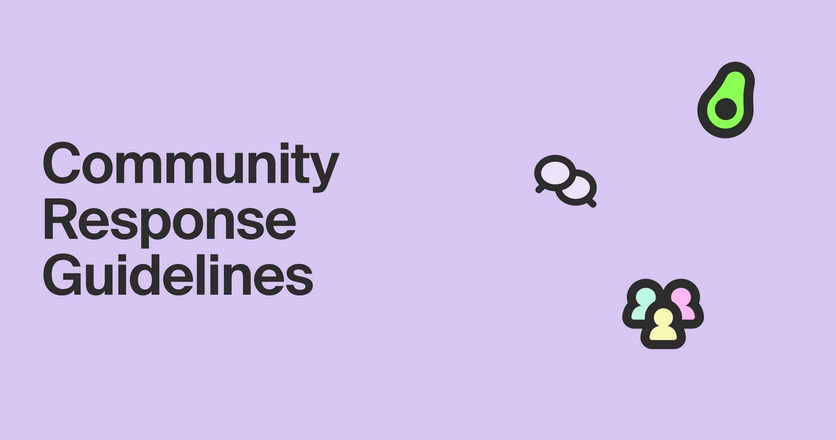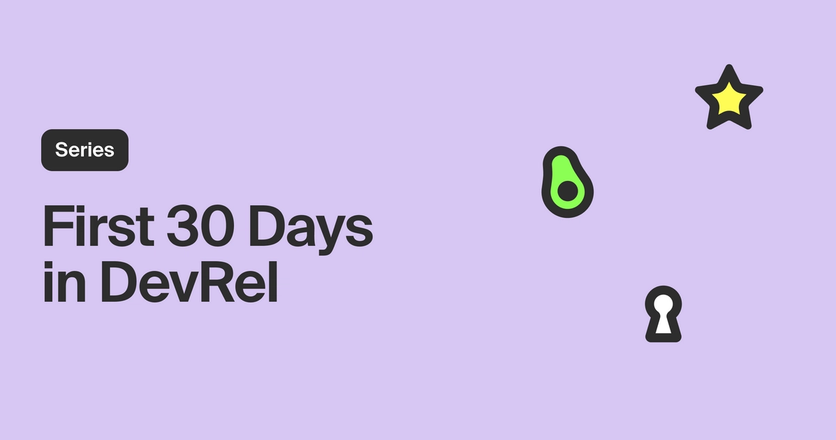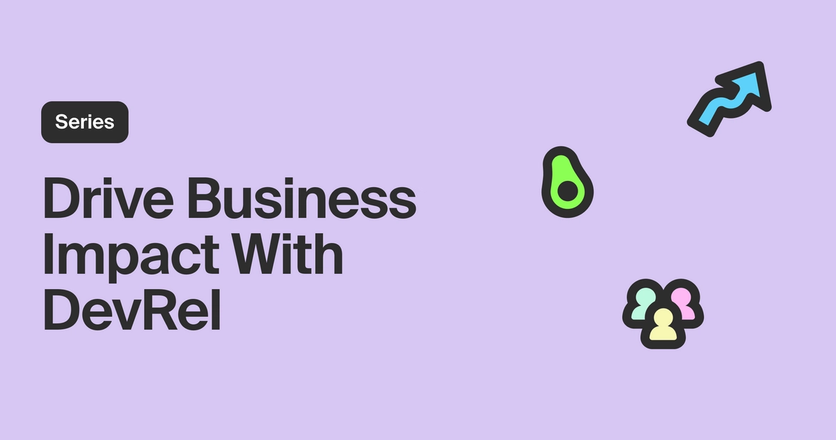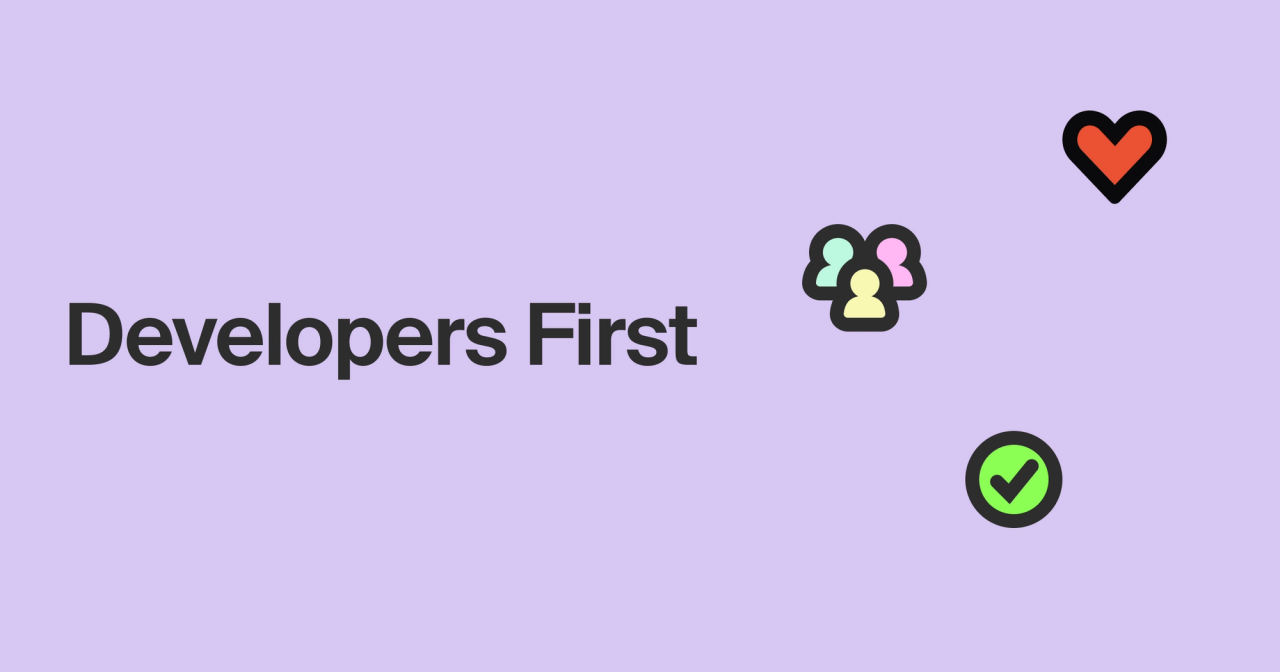3 min read
So, you’re launching a new software product. Where do you start onboarding new users? Who do you target?
My suggestion is to build your developer community first, then market to the masses… no matter your ideal end-user.
Here’s why and how to get your own developer community started.
Why your software needs a developer Community
Putting ego aside, developers are often the best people to catch mistakes other developers make. They’re also ideal to help onboard less tech-savvy users down the road.
The reason to gain the support of developers first, is to improve your product before regular users get the opportunity to break it.
We all want to hope our MVP (minimum viable product) will come out flaw-free, but the truth is that it usually doesn’t. Offering a beta testing program is a wonderful way to create a developer community surrounding your product that could produce long-term brand ambassadors.
Second, having a developer community can deflect a chunk of work from support later on. Usually having a large amount of everyday users results in a lot of questions. Your developer community can alleviate this work through:
- Documentation writing programs: Offer incentives or monetary pay to write documentation for your users. Include everything down to the simplest questions.
- Open community forums: Invite your developers to become moderators or designated experts on your products in open community support forums.
How to find your developer community
Targeting developers isn’t quite as simple as most marketing techniques.
Developers are picky and each is motivated by varying factors. The key is to make sure you know which kind of developer you want in your community. Then, create a developer program with the right pillars to meet your goals and theirs.
Once you have those two things in place, "hang out" where your ideal developers are. Sponsor their favorite conferences, podcasts, and blogs. You can also run ads to targeted channels and through social media platforms, but I would recommend more community-oriented advertising.
Developers are a very marketing-wary community. Gaining their trust requires a specific three-step model:
- Build trust: You can’t simply “capture the attention” of a developer with something as basic as an ad (well you can, but it’s hard). You have to give them a reason to trust you first. Sponsorships and community-supporting efforts help build this trust while boosting brand recognition.
- Provide a value: What can you offer that your target audience might find value in? Go back to the developer personas and use their motivations to think of incentives for joining your developer community.
- Make the ask: This is where you meet your own goals. What do you need back from your developers? Documentation? Product feedback? Community support forum responses?
Your developer community is worth the investment.
They’ll be the ones there to help you improve your product and support your users when you need it most. You can always hire more help, but a developer community is irreplaceable for product feedback, brand-building, and community support.
This article was originally posted on Devocate, which joined the Common Room family in August 2022. For more developer relations insights and resources, check out the Common Room blog. Learn more about Common Room’s solution for DevRel teams if you're looking for an intelligent community growth platform to educate, empower, and enable your community.
We think you'd like these

Community Response Guidelines for Developer Communities
May 5th, 2022·2min readCommunity
Your First 30 Days in a New DevRel Role
Feb 6th, 2022·6min readCommunity
How DevRel Programs Drive Business Impact
Feb 3rd, 2022·4min readCommunity
Put signal-based prospecting on autopilot
Jul 25th, 2024·4min readProduct
